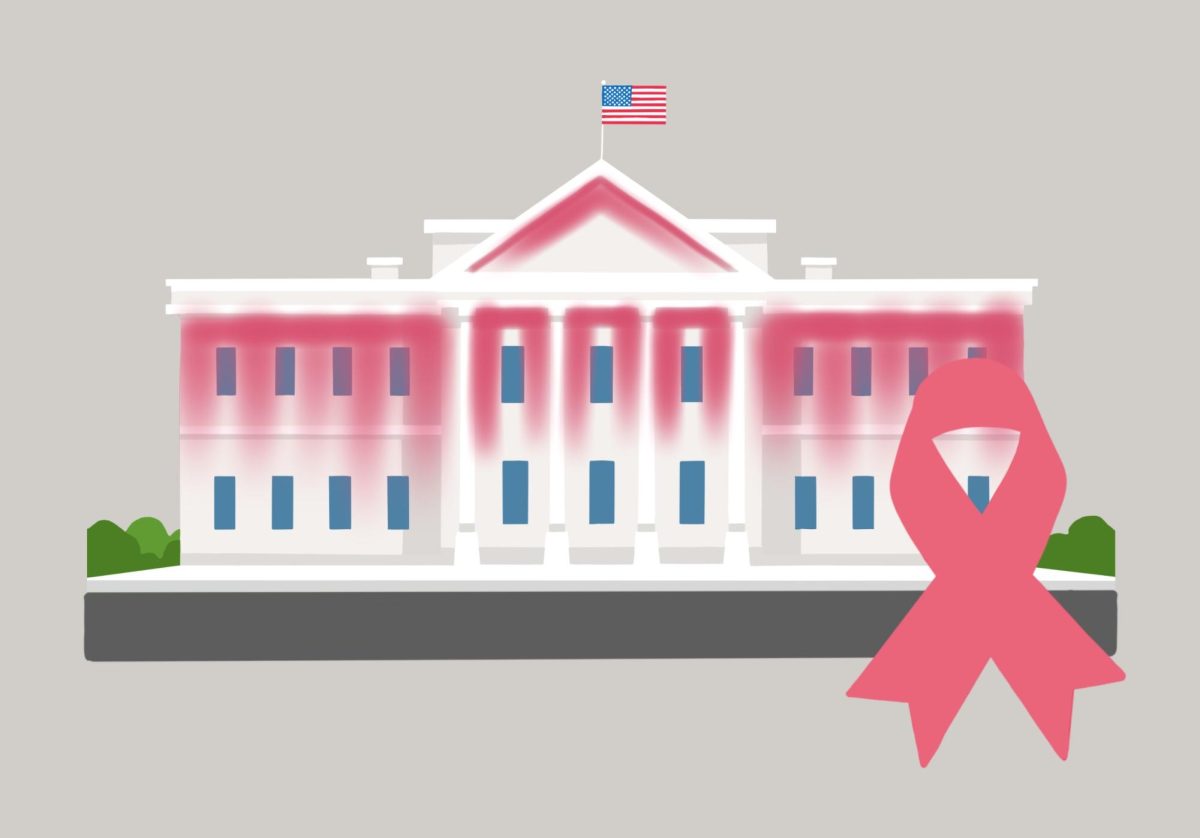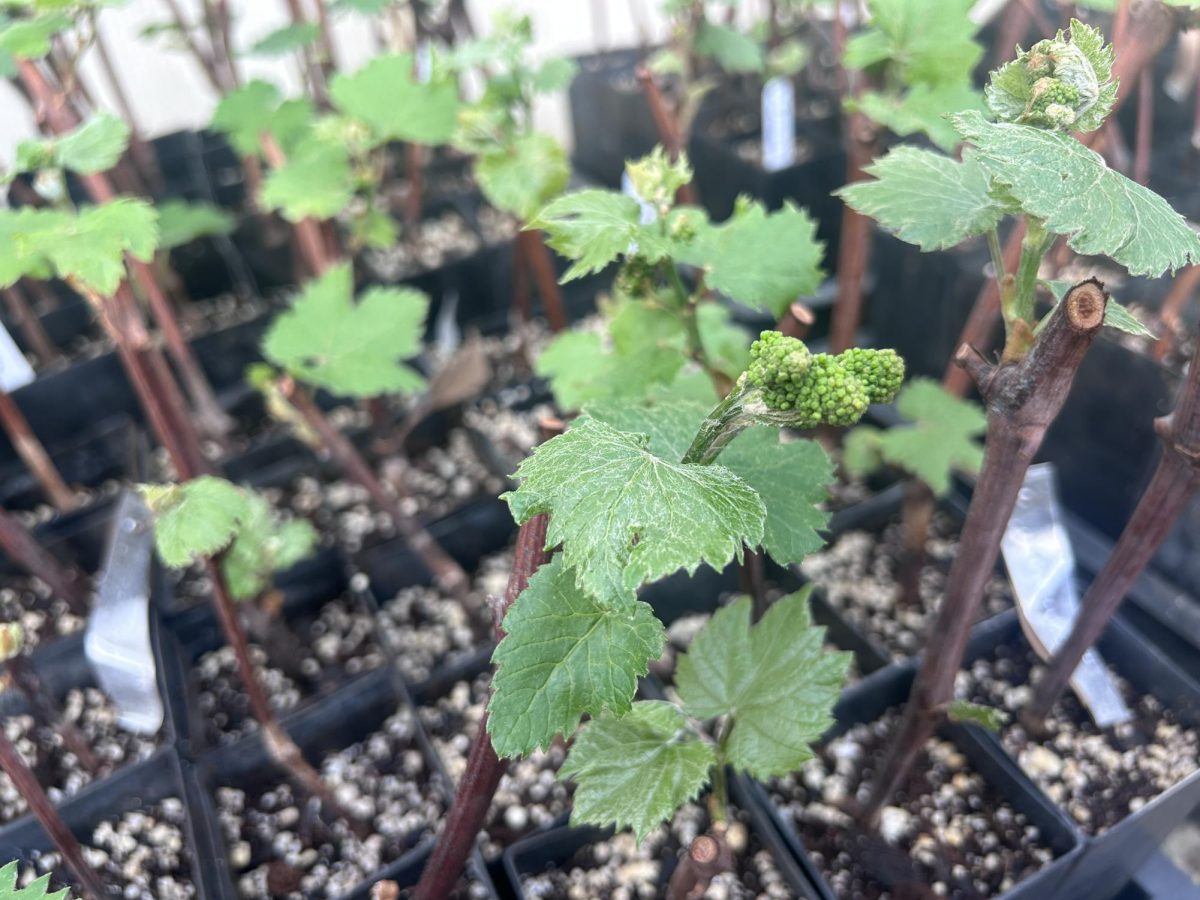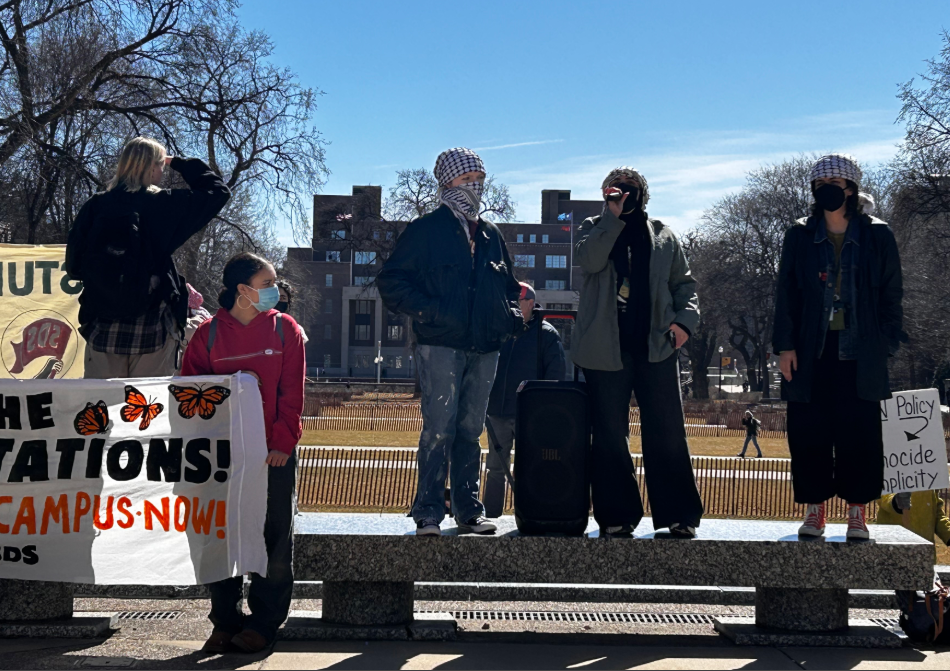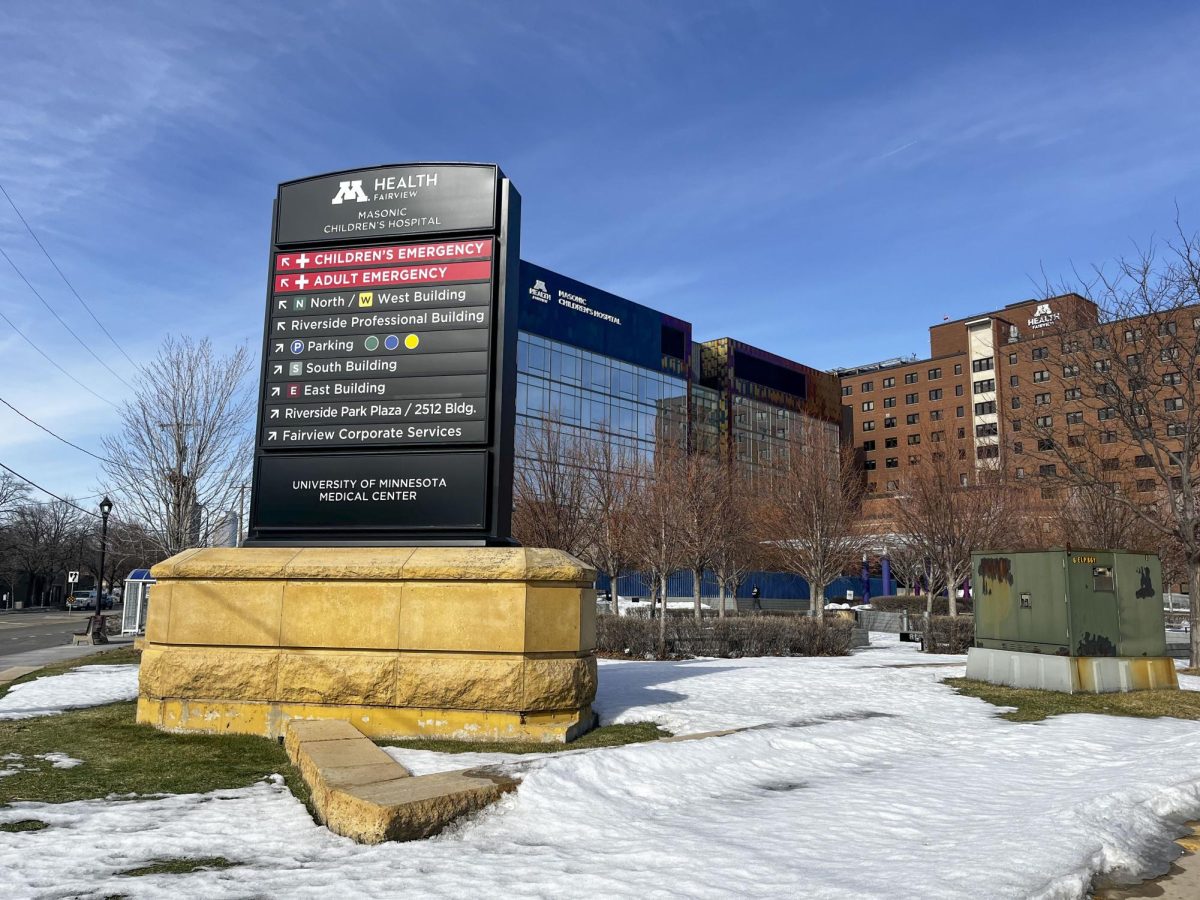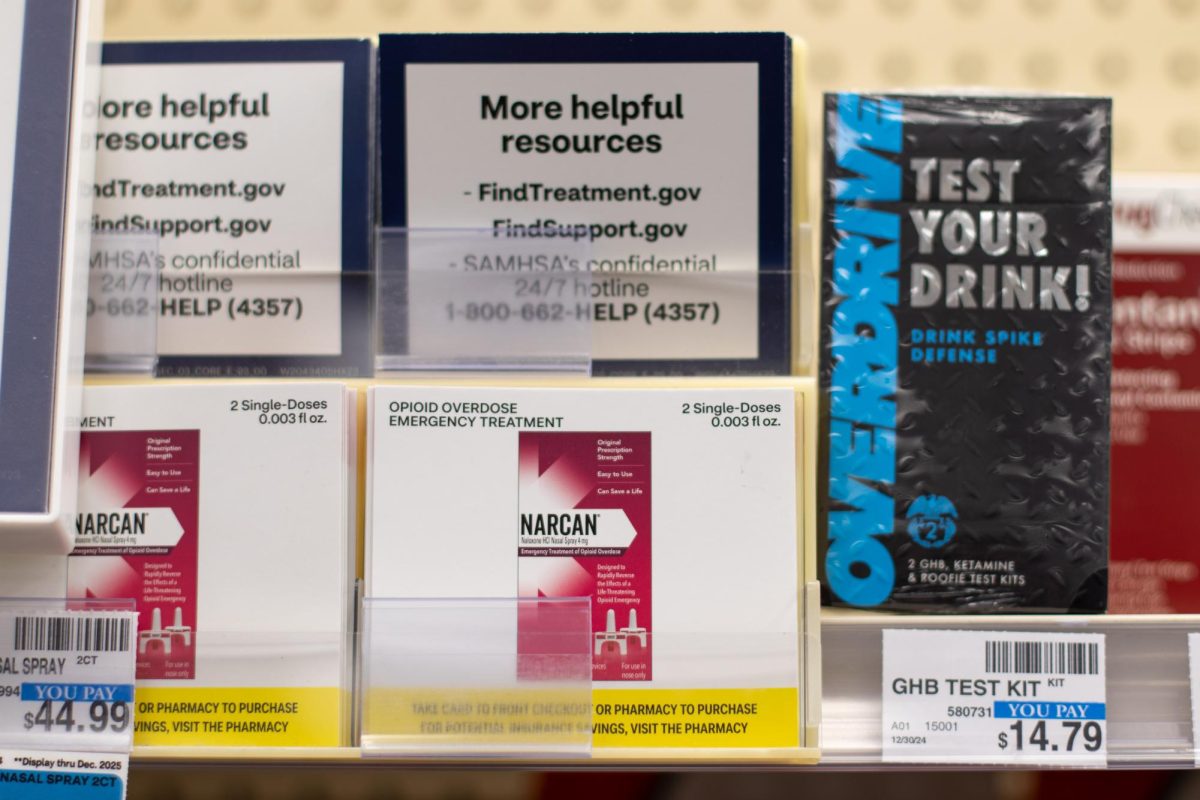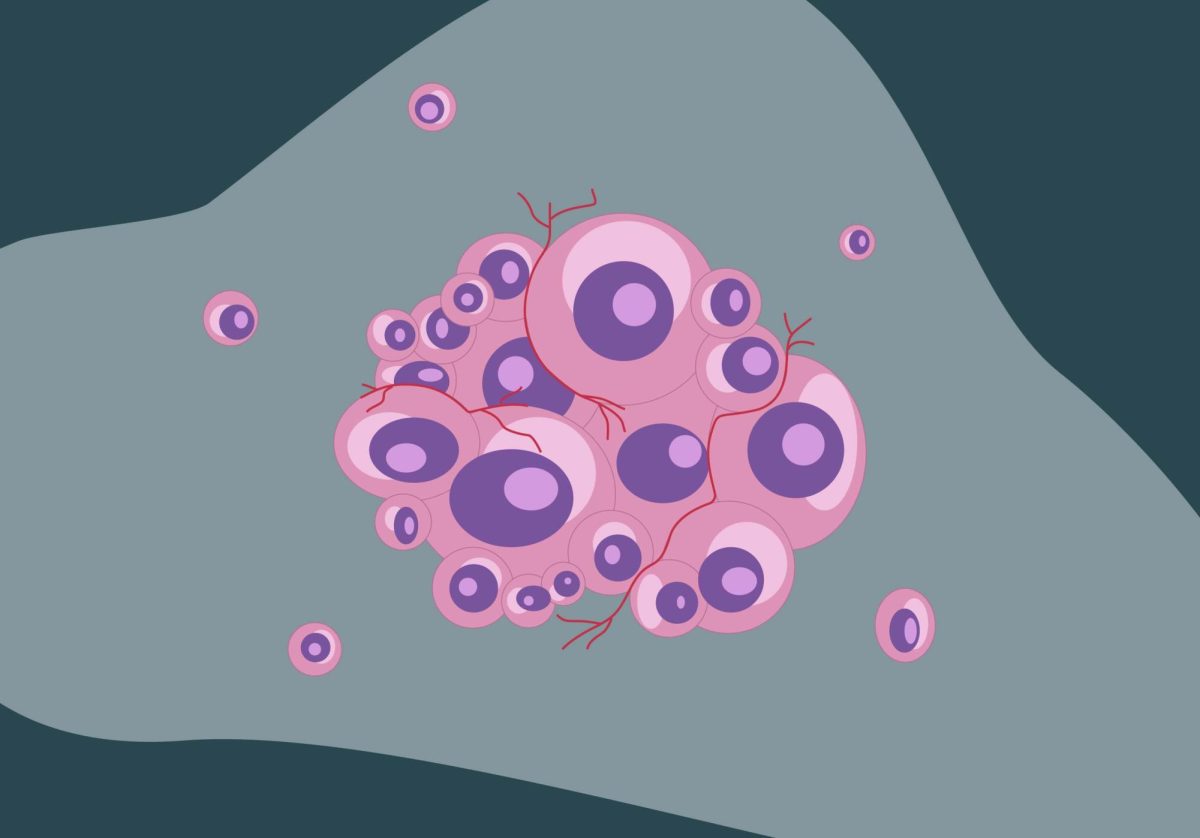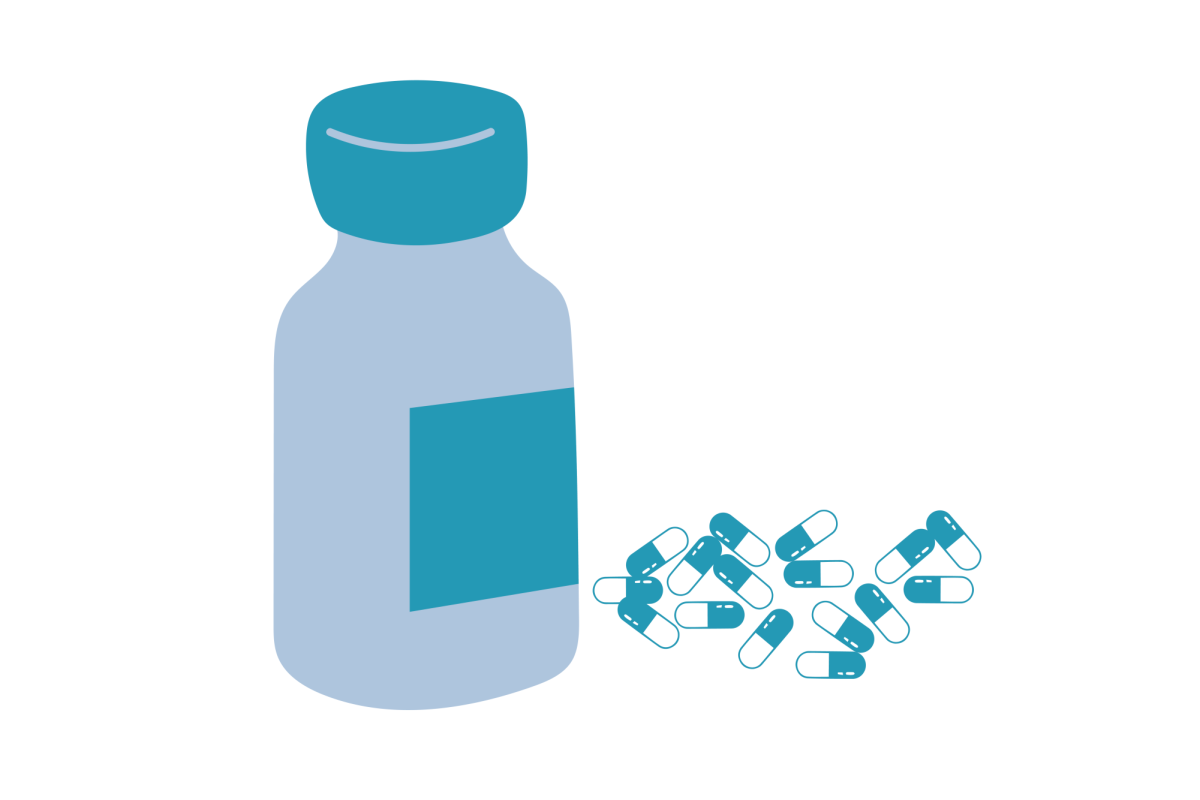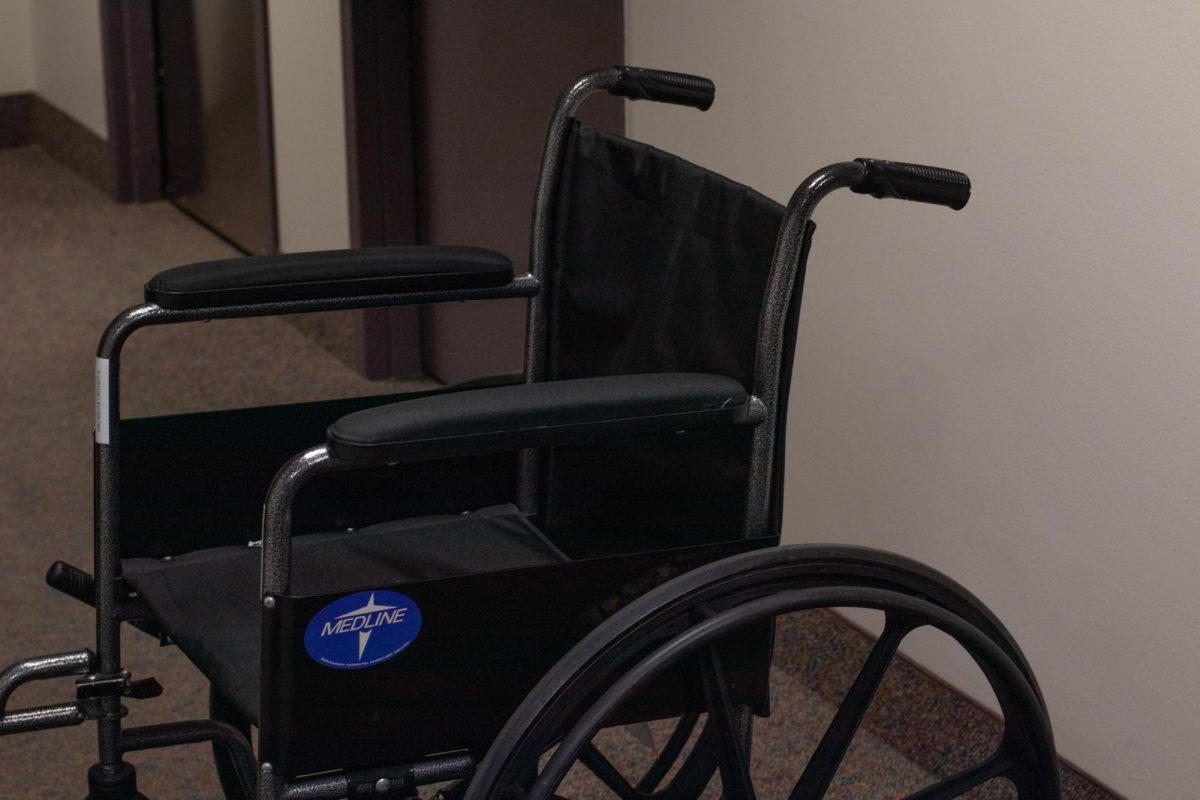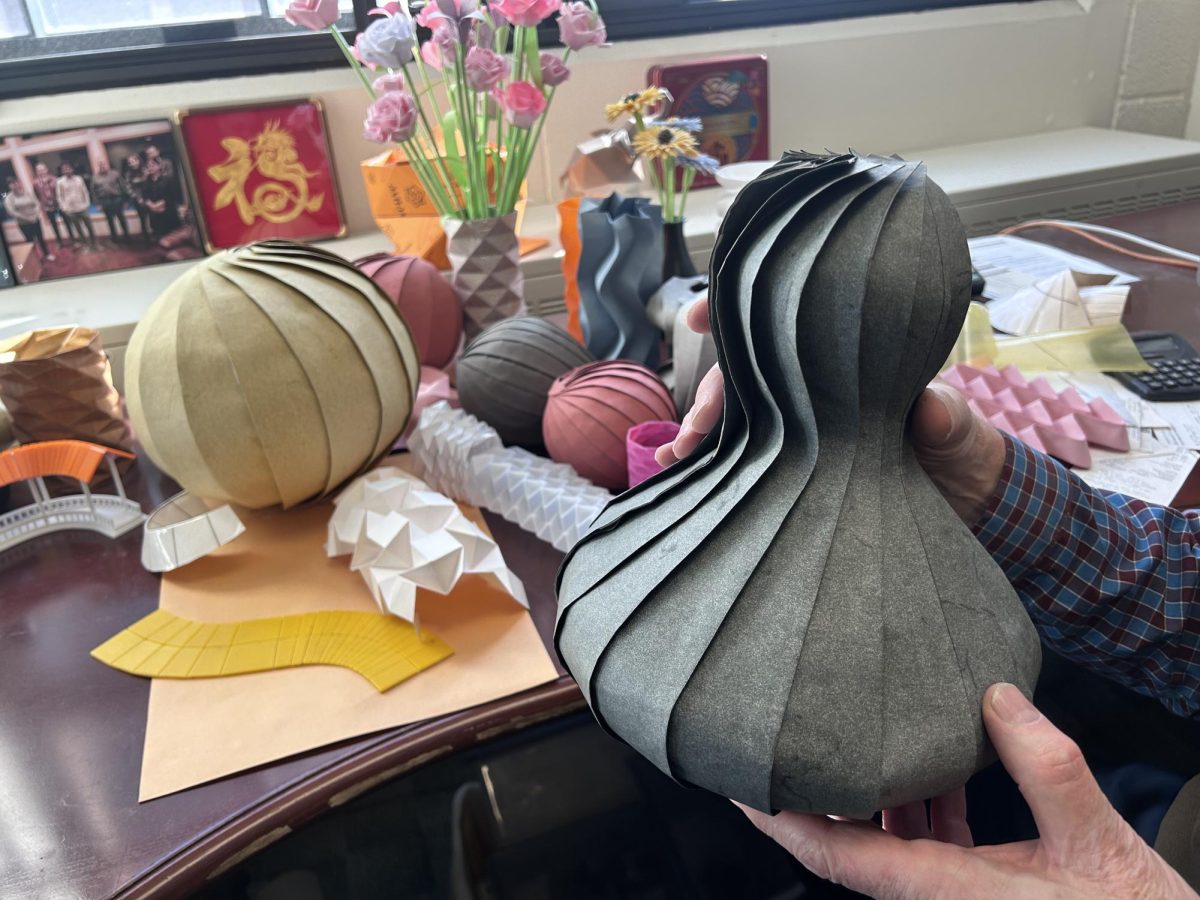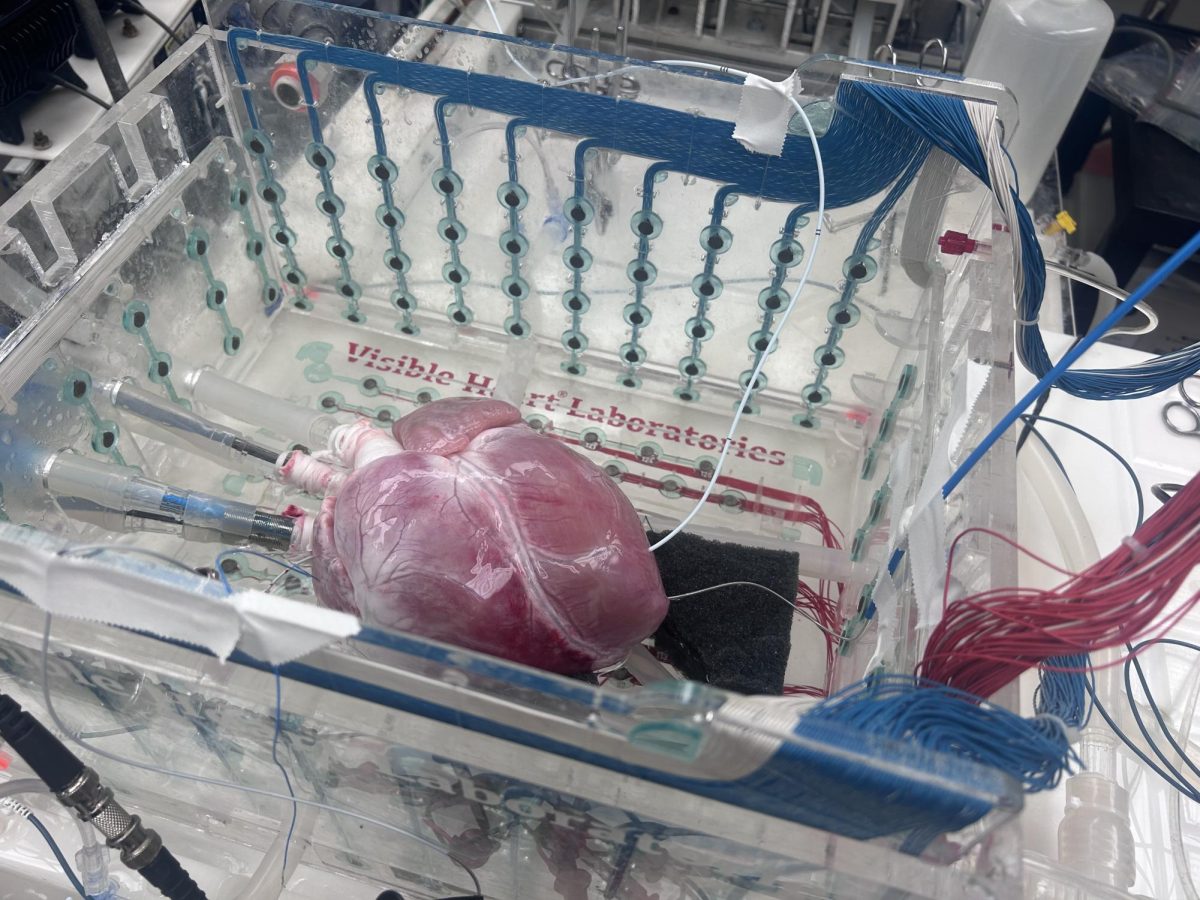A texting progam co-developed by a University of Minnesota School of Public Health professer aims to help Native American communities quit commercialized tabacco and smoking through a texting program.
Dana Carroll, the University professor and co-developer of the project, said the project stemmed from a Wisconsin conference four years ago. An enthusiastic tribal councilman wanted to develop a program to stop smoking, but did not have the resources within the tribal clinic.
Right now, Carroll’s research involves a trial of an enrollment program over text message. The team’s tailored program is six to eight weeks long and is expected to be available for free to the public starting this Winter.
One of the most important things Carroll learned is that tobacco has a cultural significance and the colonization of the plant blurred the connection between native communities and the plant.
The cultural aspect of tobacco embedded in the text-based program
In itself tobacco is good; it is the industry that has taken the plant and colonized it, Carroll said. It can be used to carry prayers to the creator, as a sign of respect by giving it to others, to bless prayers and as a sign of respect at funerals.
It is vastly different from the tobacco taken to be transformed into cigarettes for commercial use, Carroll said. Making the texting program to help Native communities was an effort for them to reclaim their cultural practices through decolonization, she added.
Antony Stately (Ojibwe Oneida), president of the Native American Community Clinic in South Minneapolis and co-contributor, said it was important the engagement material was not full of scare tactics but rather of positive language that highlights the cultural uses.
One of the first texts that a user will get reads: “Hi my relative, how are you doing today?” to create a sense of belonging and comfort in being vulnerable, Carroll said.
The app (SmokefreeTXT) prioritizes the value, strength and resilience in Native communities, Stately said.
“We are a culture of people who prioritize our relationships,” Stately said.
The importance of community and building genuine relationships
Wyatt Pickner (Hunpati Dakota), research manager at the American Indian Cancer Foundation and co-contributor, said it is important to recognize the long history of outsiders and non-Native folks coming into Native communities, collecting data and intercepting without the community’s consent.
In order to do good research in Native communities, developing a genuine partnership at entry level is important, Pickner said.
“Most importantly we need to work with those communities to identify their research interests and data needs so that the work we’re doing actually is benefiting the community and not just an outside researcher’s agenda or interests,” Pickner said.
Native communities have so much resilience, strength and wisdom and oftentimes are looking for funding and resources to make these innovations or ideas a reality, Pickner added.
Hopes for the future of the healthcare industry: being more supportive and inclusive
Healthcare organizations as a whole should start working together to create better resources and programs for Native people across Minnesota, Stately said. Minnesota has one of the worse health outcomes for Native people than any other state, according to Stately.
Native folks are five times more likely to die from overdose, three times more likely to die from liver disease and four times more likely to die from suicide than any other racial group, Stately said.
“We have a lot of work to do for this community, and that is why I am doing this study,” Stately said.
The projects researchers are doing have to be sustainable and on a continuous basis, Pickner said. The projects are not brought to a community, worked on for a year and then removed with something new. According to Pickner, it is best to build off projects and talk to communities and get feedback throughout the collaborative process.
Native communities should have more seats at the table, instead of being left behind in the conversation, Carroll said.
“As a white researcher, there is this legacy of what academia and researchers have done to communities, and I have to live with that,” Carroll said. “I have to hopefully pave a new path at how we should be doing this.”
This article has been updated.


